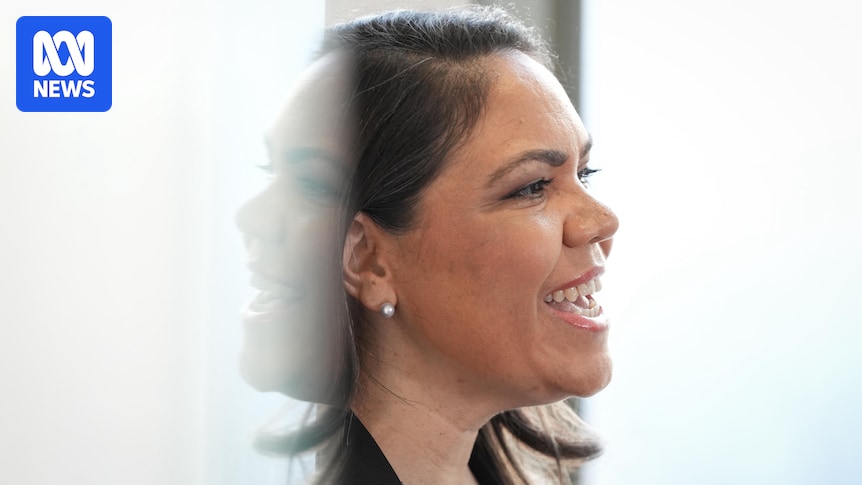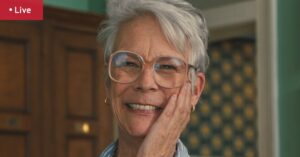
The Liberal Party is grappling with significant backlash from the Indian community following comments by Senator Jacinta Nampijinpa Price, who claimed that the Australian government is accepting “large numbers” of Indian migrants to bolster Labor’s electoral support. The comments, made during an ABC interview, were later described by Price as a “mistake.” However, the damage appears to have already been done, with many Liberal colleagues expressing concern over the fallout.
One Liberal MP described the situation as a “head-in-hand moment,” pointing out that the remarks have been widely circulated among Indian Australians, who represent the second-largest and fastest-growing diaspora in the country. Despite Price’s retraction, the controversy has sparked a broader discussion about migration policies and political rhetoric in Australia.
Political Reactions and Damage Control
In response to the controversy, Opposition Leader Sussan Ley appeared on breakfast television to distance the party from Price’s comments. She later took to social media to praise the “amazing contribution” of the Indian diaspora to Australia. “I’m fighting for every single Australian, no matter where you came from,” Ley emphasized.
Shadow Attorney General Julian Leeser and Liberal frontbencher Dave Sharma, who has Indian heritage, echoed these sentiments. “The Indian Australian community is a valued and welcome part of Australia,” Sharma stated, adding that he would never stereotype the political views of any community.
Price’s comments came just days after nationwide rallies focused on immigration levels. During her ABC interview, she suggested that Labor “likes to allow those [people] in … who ultimately vote for them,” specifically mentioning the Indian community. She later clarified in a statement that “Australia maintains a longstanding and bipartisan non-discriminatory migration policy.”
Community Response and Media Coverage
The backlash from the Indian community has been swift and vocal. Former Liberal ACT candidate Jacob Vadakkedathu described Price’s comments as “disappointing” and noted that they would resonate poorly with the community. “The feedback and the sentiment I’m getting from the Indian diaspora is it’s very disappointing,” he told the ABC.
Media outlets popular with the Indian community, such as The Australia Today, have published critical stories, with headlines like “Liberal Senator Price disgustingly targets Indian-Australians, asked to apologise after widespread backlash.” Stories about the Senator’s comments and the weekend rallies have gained significant traction on social media, with one community member describing the issue as going “ballistic” online.
Political Implications and Historical Context
Both major political parties in Australia have long sought to court the Chinese and Indian vote, recognizing the size and influence of these diasporas. According to one Liberal insider, “everything we’d been trying to do has been burned in a matter of minutes.” Another questioned why any party member would seek to isolate a voting bloc at a time when the party was losing votes across the community.
Labor has seized on the controversy, with one ALP MP describing the damage to the Coalition’s reputation among Indian Australian voters as “cataclysmic.” MP Tim Watts, whose electorate includes a significant number of Indian Australians, said the community would be “baffled and hurt by Senator Price’s decision to single them out with this bizarre conspiracy theory.”
“Apparently she doesn’t see the contribution the Indian-Australian community makes to our country — to our schools, to our universities, to our hospitals, to our businesses,” Watts remarked on social media. “She just sees politics. And a bizarre vision of politics at that.”
Looking Forward: Rebuilding Trust
Anne Aly, the Minister for Multicultural Affairs, addressed the issue in Parliament, stating that she had spoken with members of the Indian diaspora who expressed feelings of insecurity following the rallies and Price’s comments. Aly emphasized that Indian Australians should not have to justify their belonging in the country. “We know you, we value you, we thank you for everything you have contributed to Australia,” she declared during Question Time.
The incident underscores the delicate balance political parties must maintain when discussing immigration and community relations. As the Liberal Party works to mitigate the fallout, the broader conversation about migration and multiculturalism in Australia continues to evolve. The coming weeks will likely see further efforts from both sides of the political spectrum to engage with and reassure the Indian community, highlighting the ongoing importance of inclusive and respectful political discourse.







